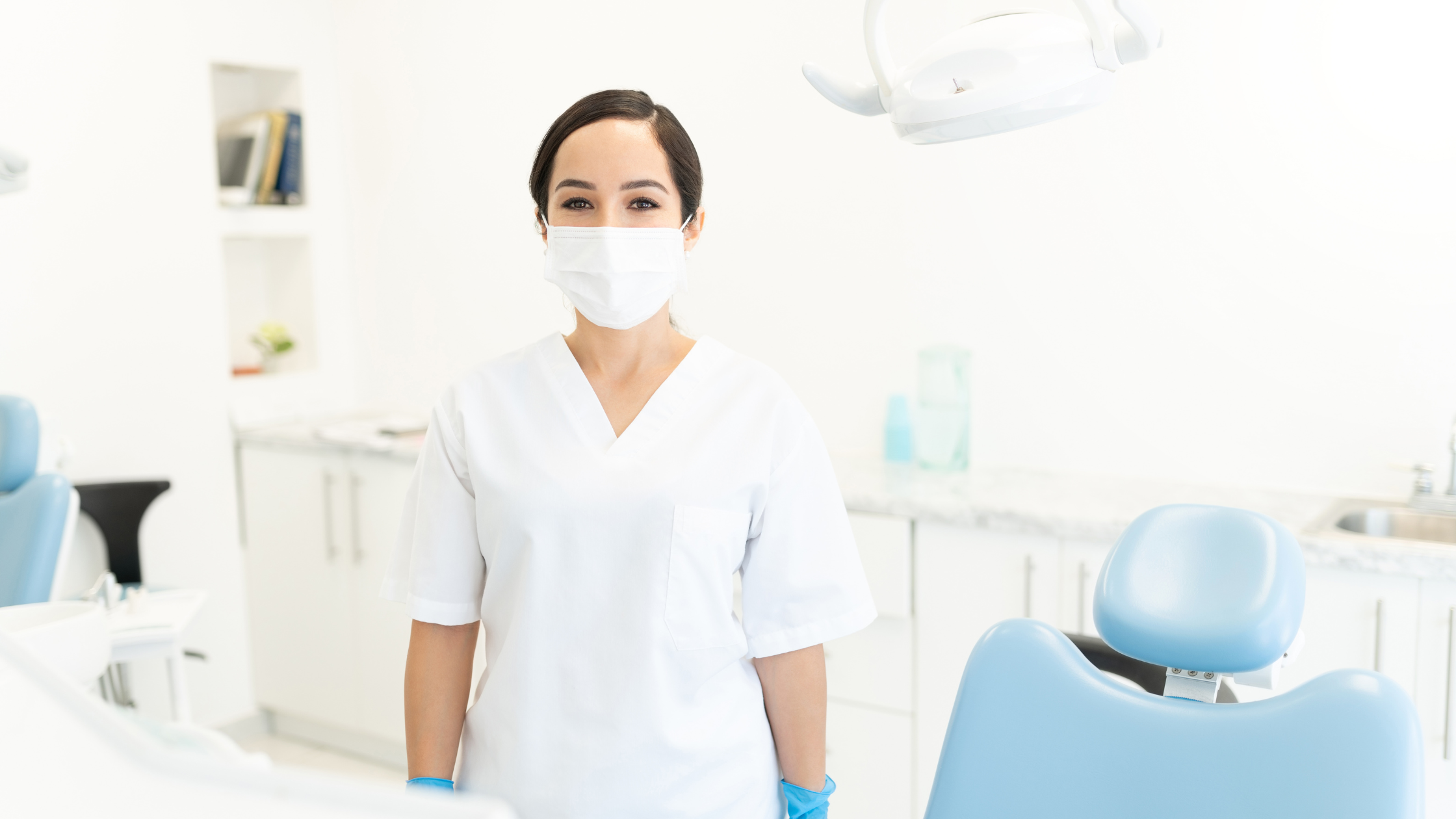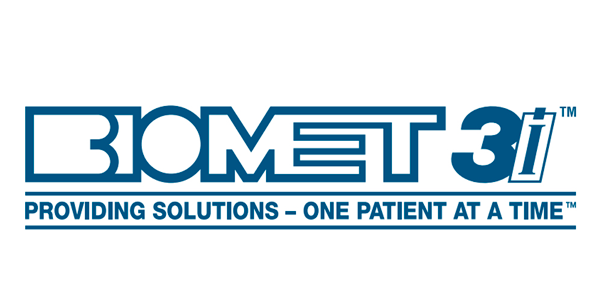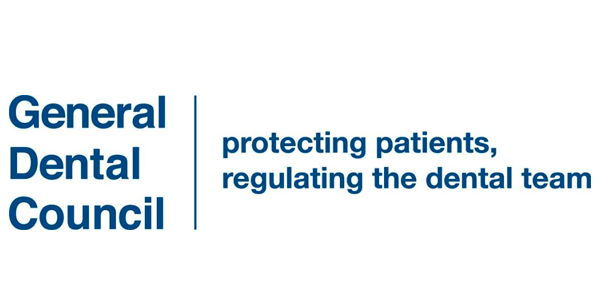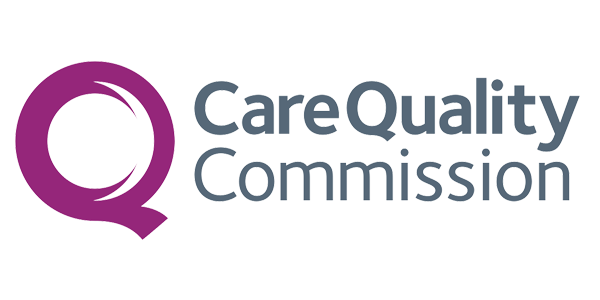Dental hygienists are a vital part of our team here at Ewan Bramley Dental Care, they will give your teeth a professional deep clean removing any plaque bacteria, help you maintain your oral hygiene by giving and prevent gum disease and caries and other dental conditions/ diseases.
Our hygienists are here to give you the best advice on how to look after your teeth, gums and mouth, please ask them any questions you might have about your oral health!
Here are some questions you could ask.
1. Why are my teeth sensitive and how do I make it better?
If your teeth feel sensitive, even slightly, we recommend bringing this to your hygienists’ attention. Sensitivity can be treatable so the earlier you let us know, the quicker we can treat the symptoms.
Sensitive teeth are more common in adults, it can be caused by:
- Toothbrush abrasion – brushing your teeth too much or too hard can cause damage to the thin bit of enamel at the neck of your teeth which exposes the layer of the tooth that is normally under cover leads to sensitivity.
- Receding gums – receding gums also expose the layer of tooth tissue that is normally covered by the thin bit of enamel at the neck of the tooth or the root surface under the gum. Unfortunately this is just something that happens with age- wear and tear but can also be linked with gum disease.
- Acid erosion – eating food and drinks that are high in acid can attack the enamel on your teeth causing pain and sensitivity. Be careful with the foods that you are eating and the timings of eating or drinking them.
- Grinding while you sleep or concentrating or stressed – it’s common for people to grind their teeth ,the extra mechanical load gradually wears away the enamel on your teeth and exposes the root surfaces.
Our hygienists will recommend a number of ways to treat sensitivity; new toothpaste, toothbrush or even changing what you eat or recommend a mouth guard.
2. Are there any areas I miss when brushing my teeth?
We can’t stop the plaque bacteria reforming in your mouth. There will be spots in your mouth that you miss while brushing your teeth, if you miss the same spot every time you brush this could lead to more issues.
Our hygienists will be able to see these areas when examining your mouth, they will normally tell you if they can see any missed spots and give you some individually tailored advice on how to maintain these areas at home.
We find the most common areas that get missed are the inside of your teeth, you’d be surprised by how many people don’t brush the inside of their teeth. The inside of your teeth is the area which comes in most contact with food, saliva etc, but also you have your tongue to tackle.The natural reaction of your tongue is to protect your airway and sub consciously our tongue often pushes the toothbrush out of the way. Brushing the inside is especially important if you have a fixed retainer, or denture as food can get lodged and plaque build-up.
3. What toothbrush should I be using?
There are a massive range of toothbrushes available to buy but not all will be suited for you and your teeth. Our hygienists can help choose the best toothbrush for you.
Toothbrushes can come in various shapes, sizes, and firmness. They can also come as electric with different settings or manual brushes, it can be difficult to know what to get.
If you have any oral health issues you may need a different toothbrush to what you normally use, for example if you have fixed braces you will need a narrow round tip brush head to get into the wires and brackets of your braces.
Rechargeable Oral B electric toothbrush ranges are our hygienists favourite.
4. How often should I be seeing a hygienist?
This differs for each person, we recommend you see our hygienists ranging from 3-12 monthly, dependent on your needs. Some higher risk patients may be seen more frequently. For example certain conditions in the mouth or general health conditions linked with your oral health. If you wear braces or have unstable gum disease we may recommend you come more often. However, you don’t have any special conditions but would still like to come more often, for example you are more prone to staining, that’s fine call our reception team and they can organise an appointment!
During your appointment our hygienists will give you a professional plaque removal clean removing any staining and plaque build-up, leaving your teeth gleaming. They will also discuss any issues with your oral hygiene and answer any questions you might have.
5. Why do my gums bleed when I brush?
Healthy gums should not bleed.
Bleeding gums are caused by the plaque bacteria building up around the gumline, making them red, angry, swollen and inflamed. This can often be reversed by effective cleaning at home, which your hygienist will advise you giving you top tips. If this is ignored and not if not treated early on it will progress to gum disease which is irreversible. Gum disease is where we lose supporting bone due to the plaque bacteria not being regularly and effectively removed and can in advanced cases lead to wobbly teeth or tooth loss.
Please seek advice sooner rather than later with any bleeding from gums.






